Back in Harmony
by Deirdre Kelly
photography by Horst Herget
In the pandemic, being in a choir became a death sentence. People around the world were reported to have contracted COVID-19 simply by singing together side-by-side as they had always done. Choir practices subsequently were halted or redirected online. “But it just wasn’t the same,” says Nicole Sinclair-Anderson, assistant conductor with the Juno Award-winning Toronto Mass Choir, who now teaches at York. “When you’re in a choir, you need other people standing next to you. You need to hear their voices. At one point, I feared we’d never be able to come together again.”
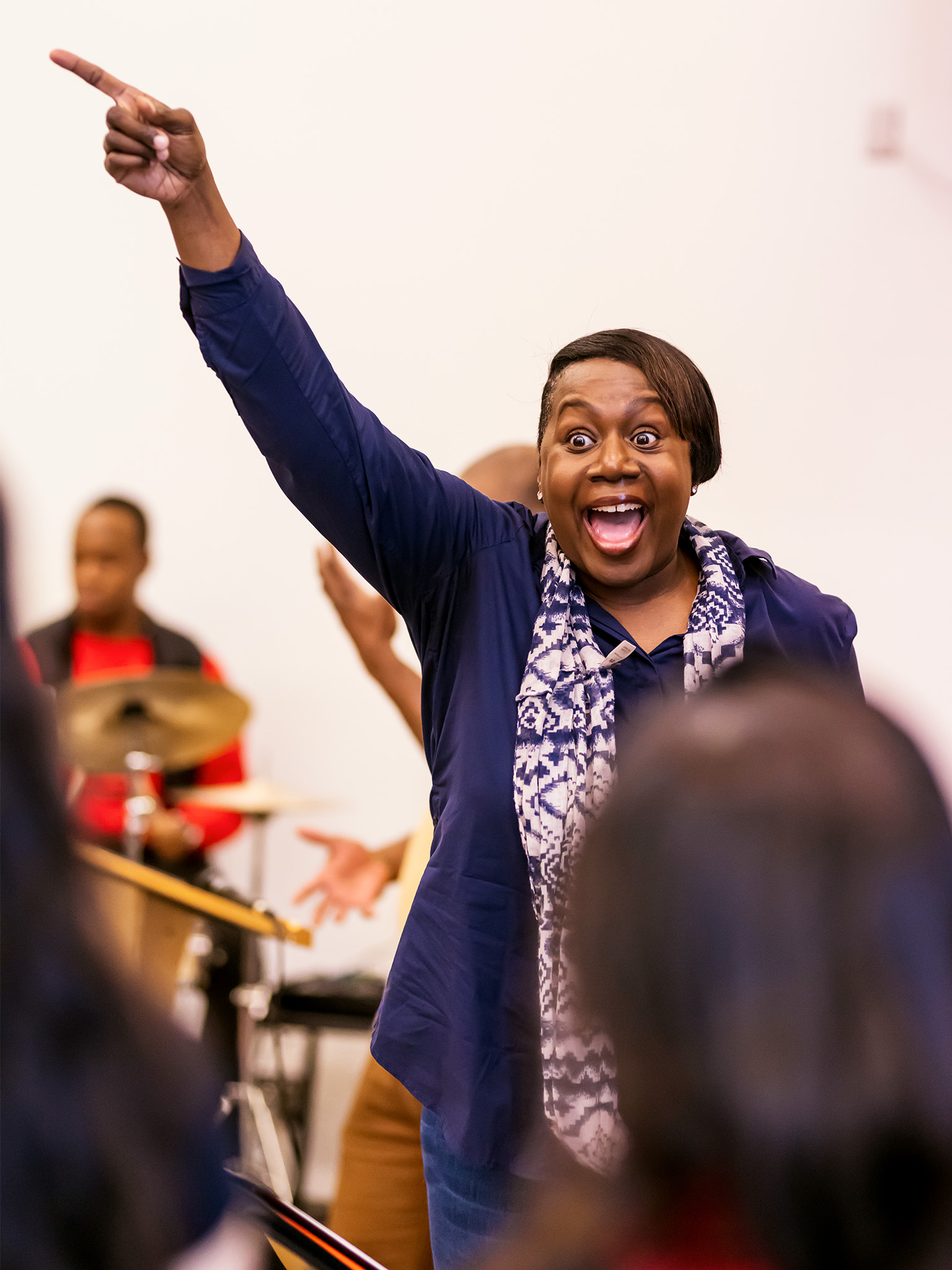
She says this while perched on a piano bench in room 235 of Accolade East, where she’s just finished leading the York University Gospel Choir to a resounding finish before the end of term. Her very presence here is proof that singing as one voice is back. But it took three agonizingly long years of suffering through the pandemic to get the YUGC back to normal. During the lockdowns, the YUGC, a full-credit course offered through the Department of Music, was conducted virtually for the first time since its founding in 2005. Then still under the direction of founder and current Chair of the Music Department, Karen Burke (BED ’95), the choir managed to continue without pause. But as Sinclair-Anderson says, it wasn’t the same.
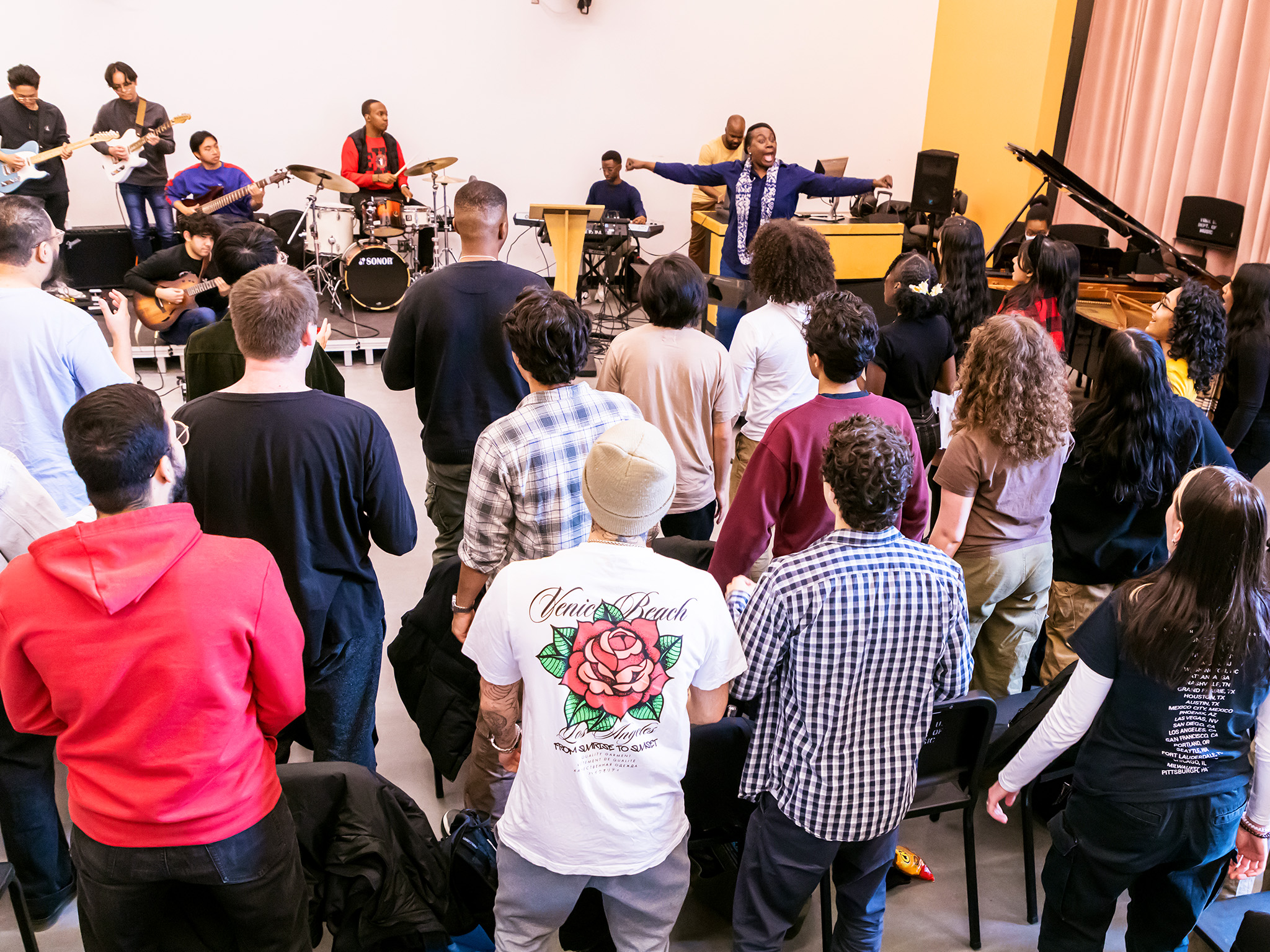
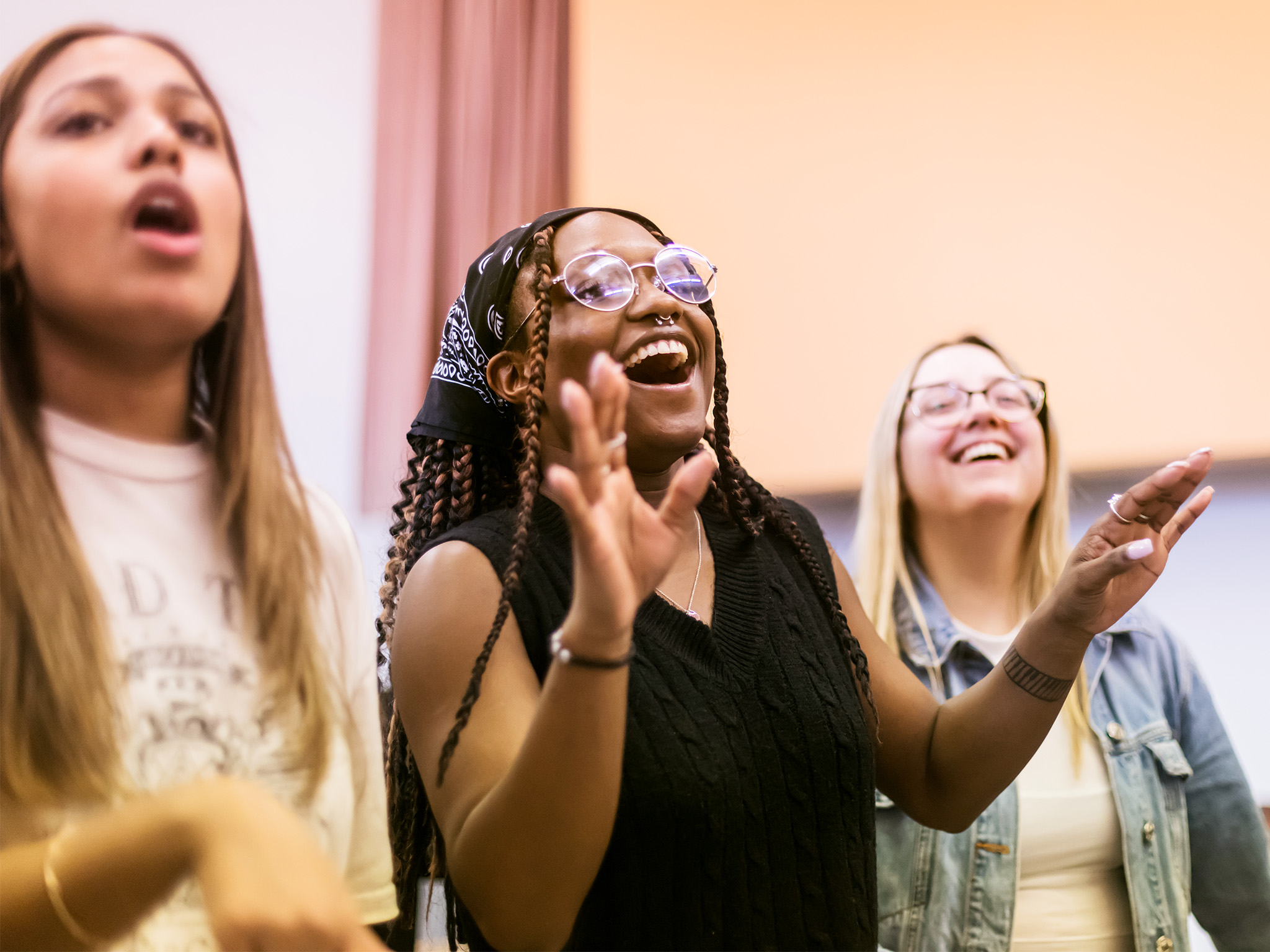
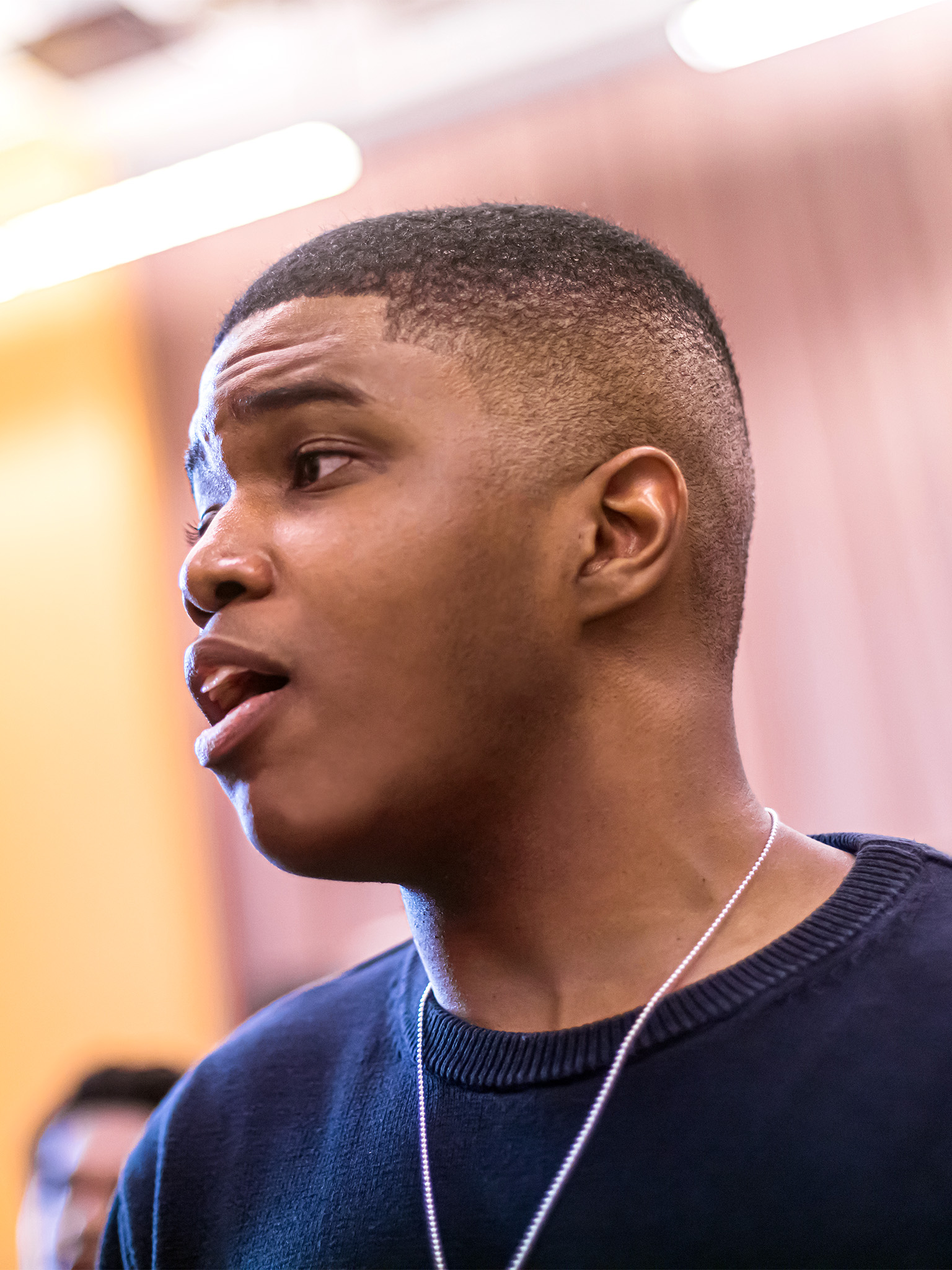
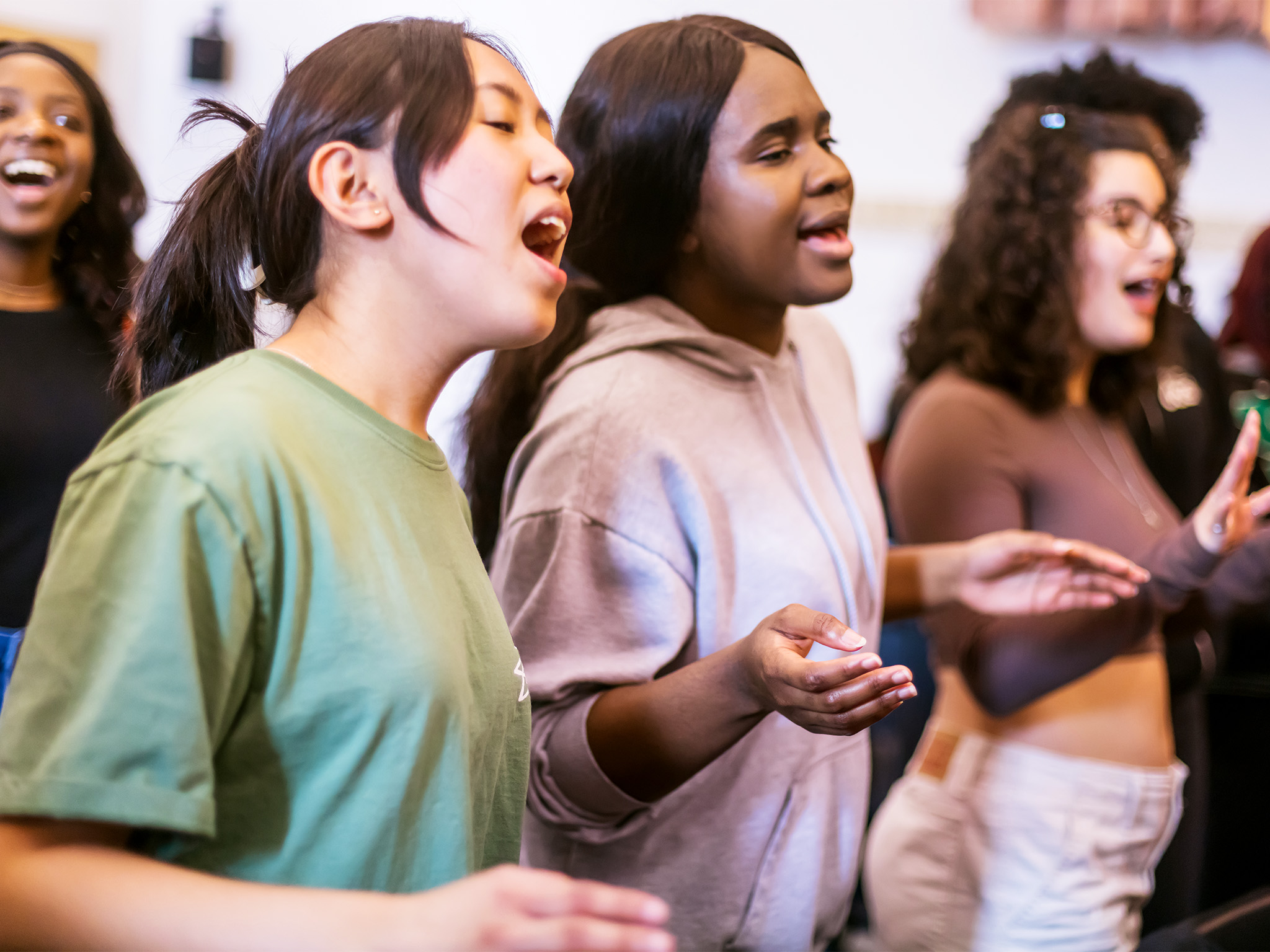
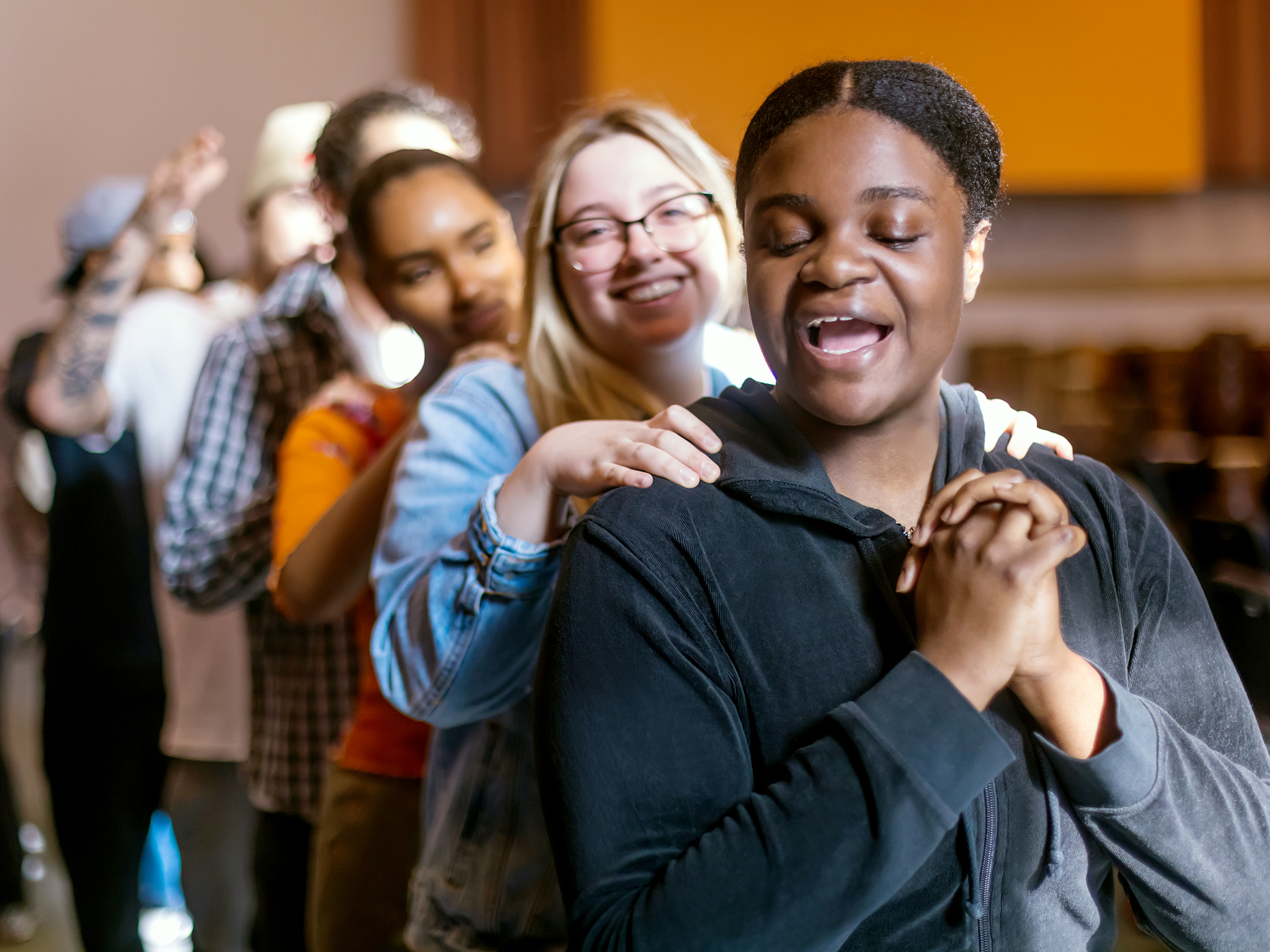
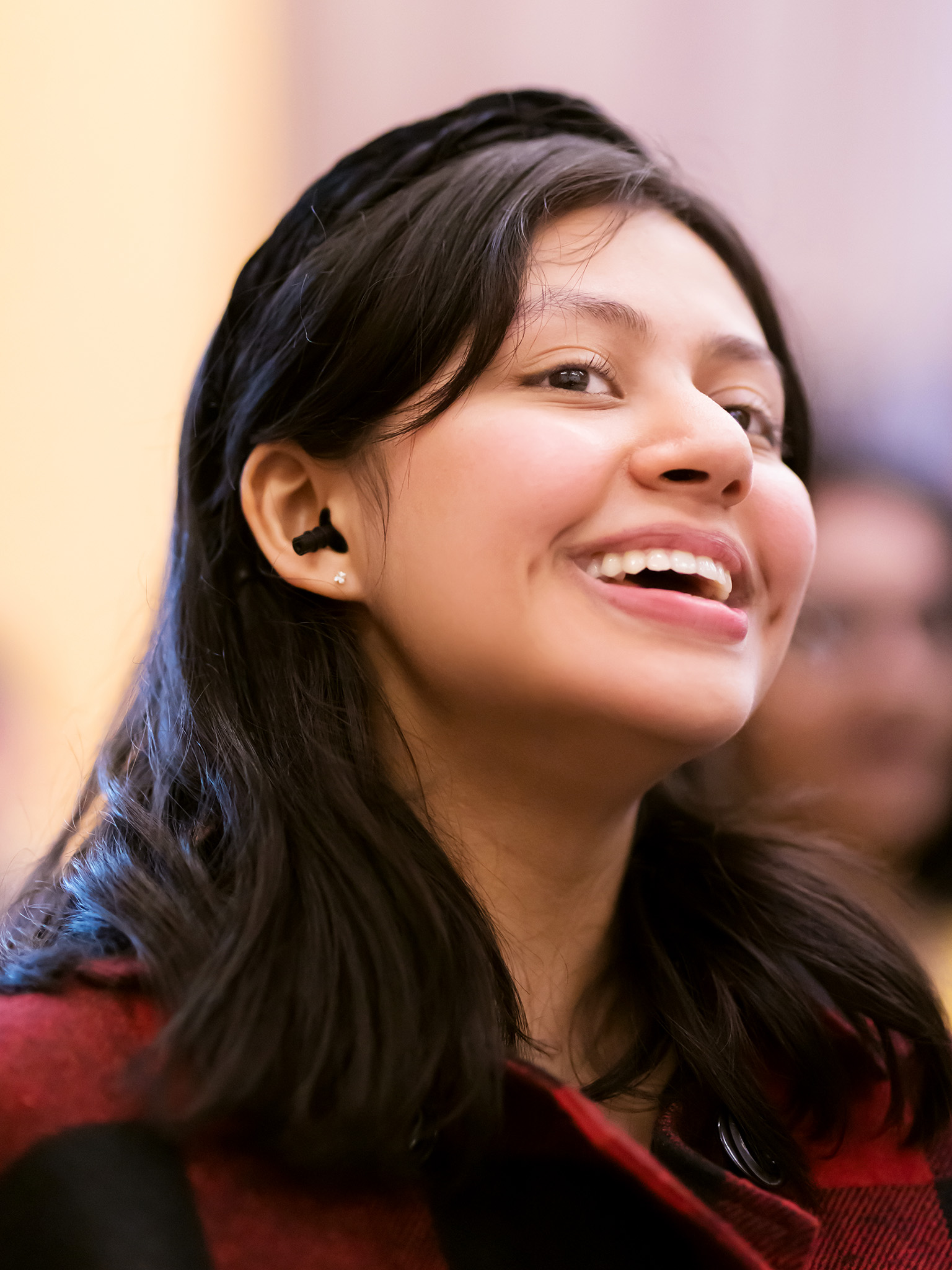
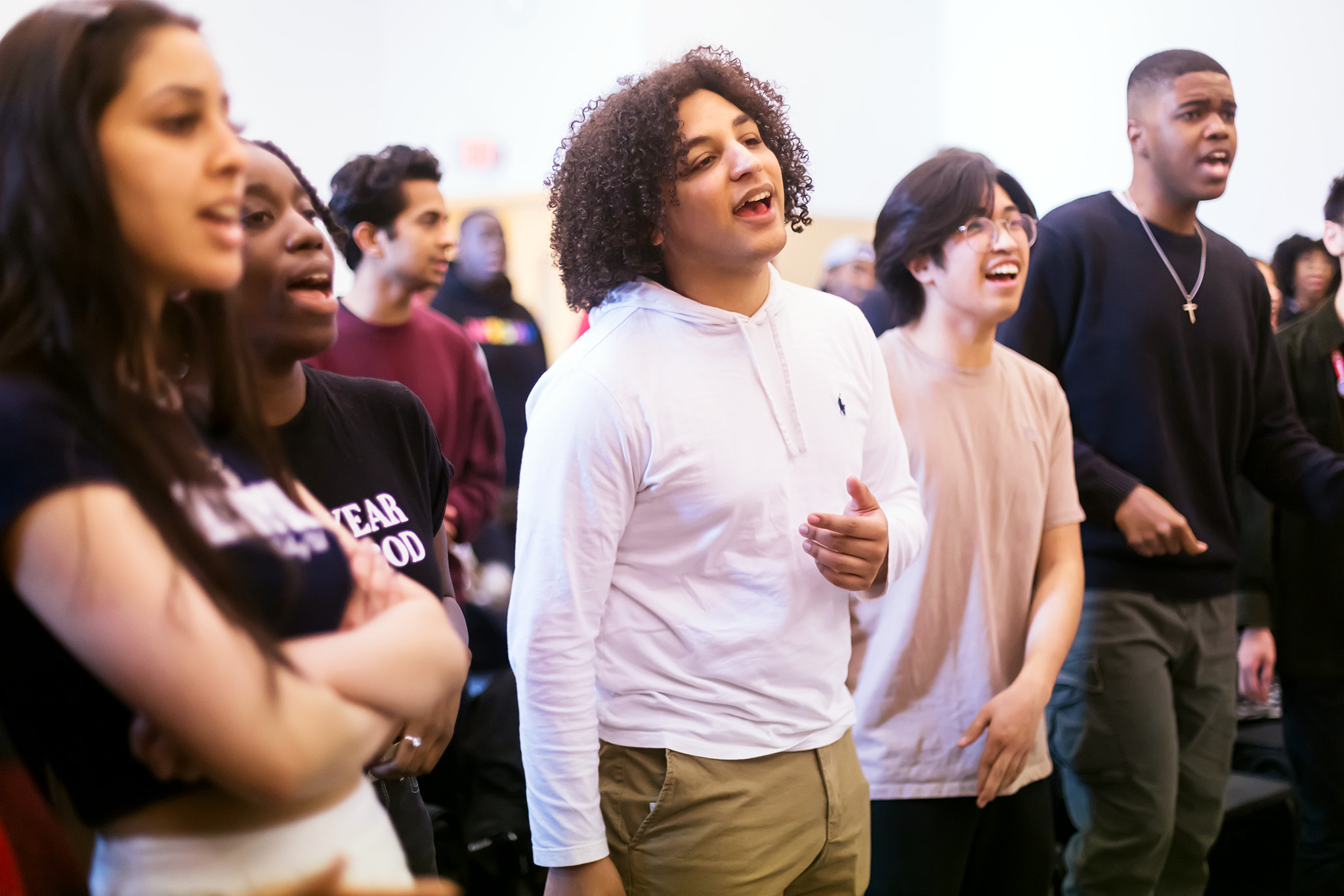
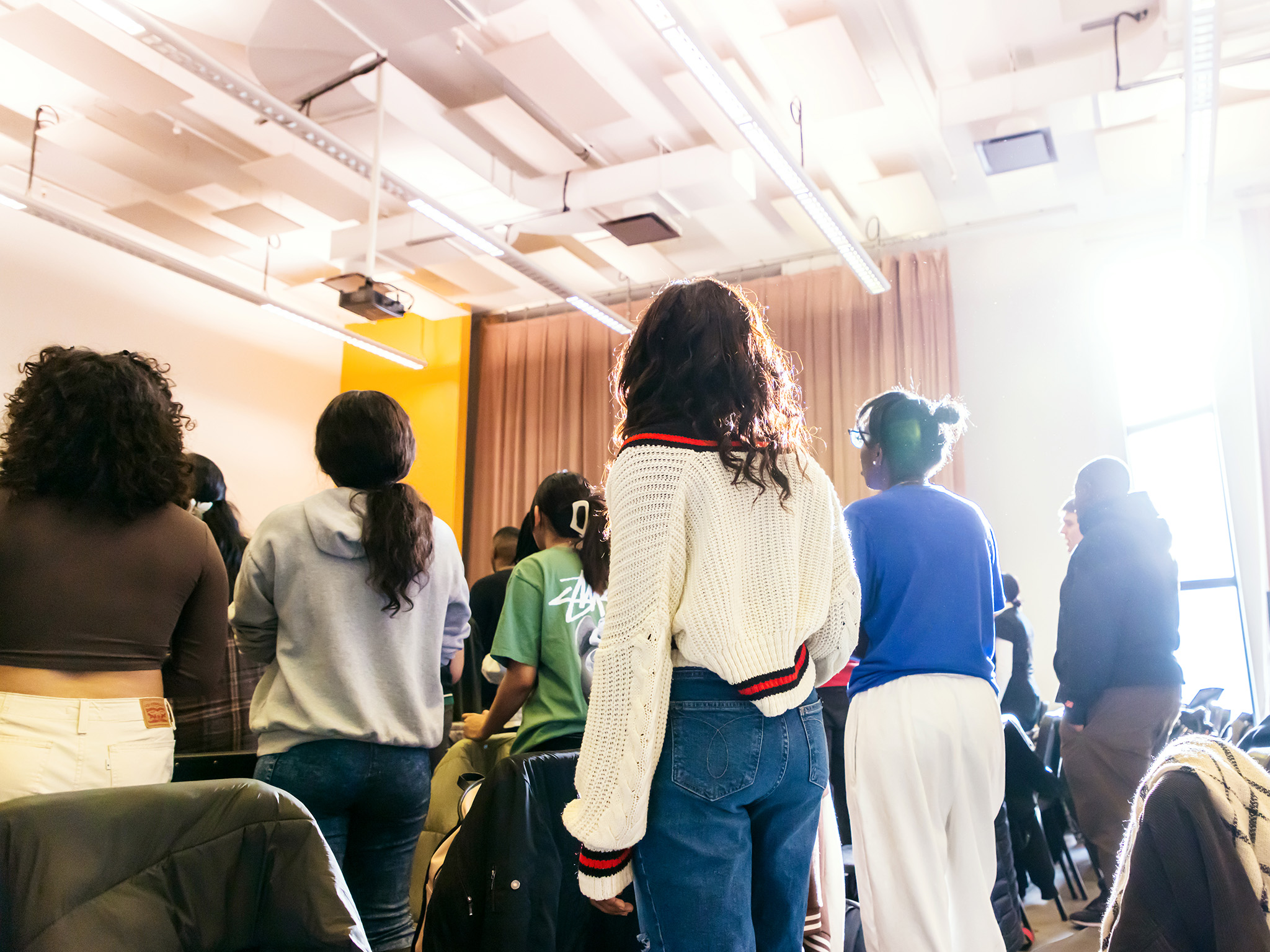

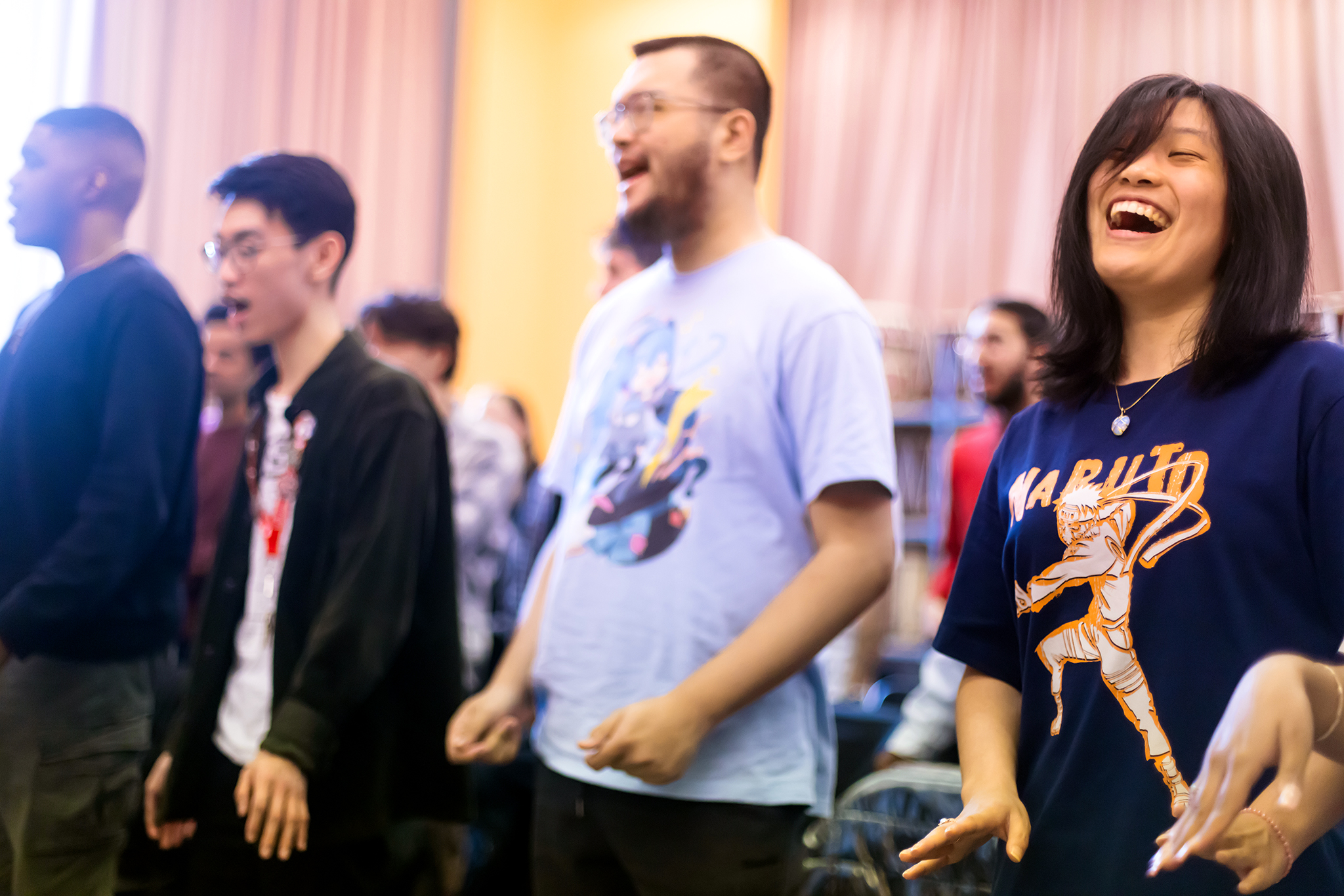
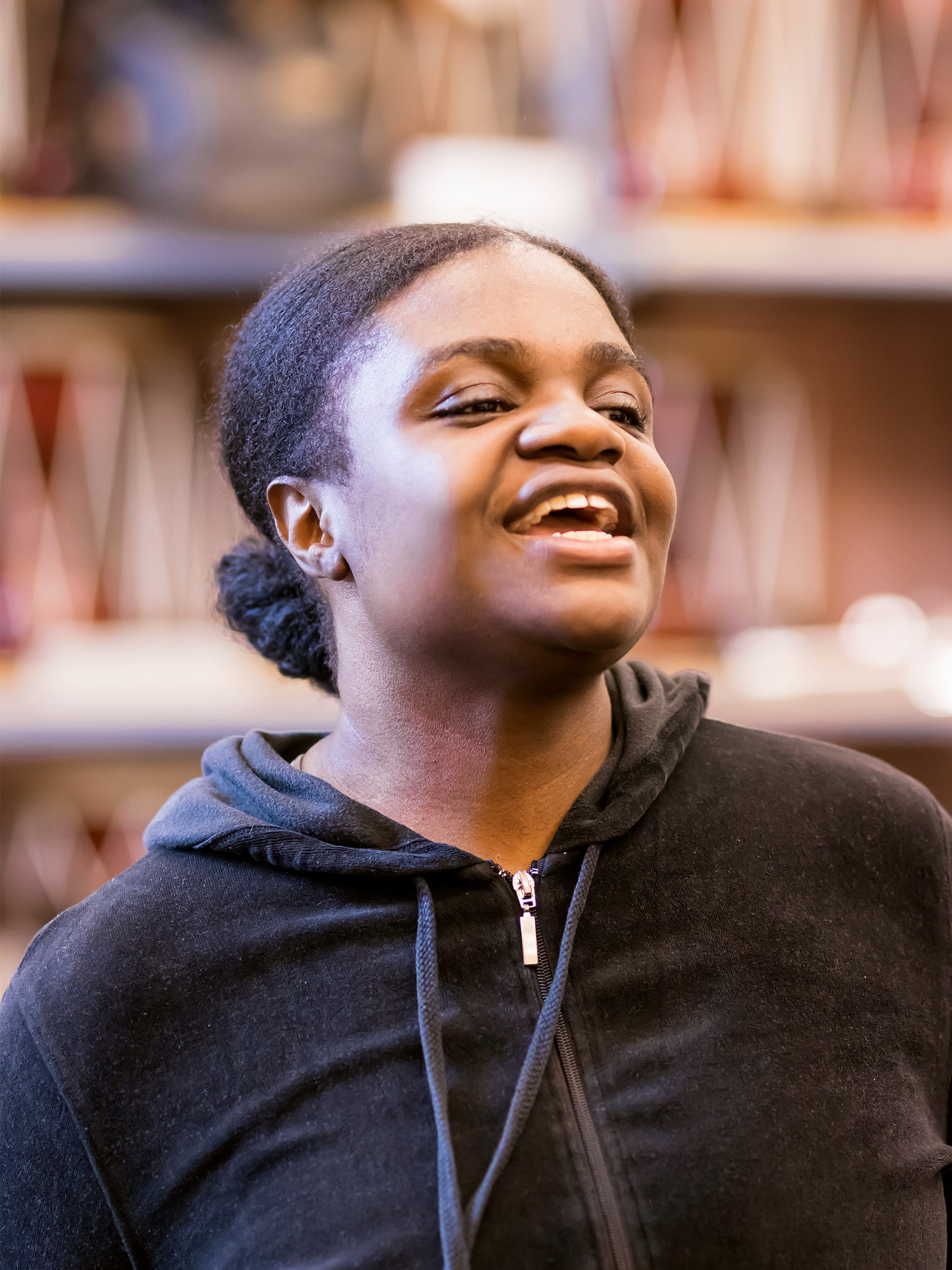
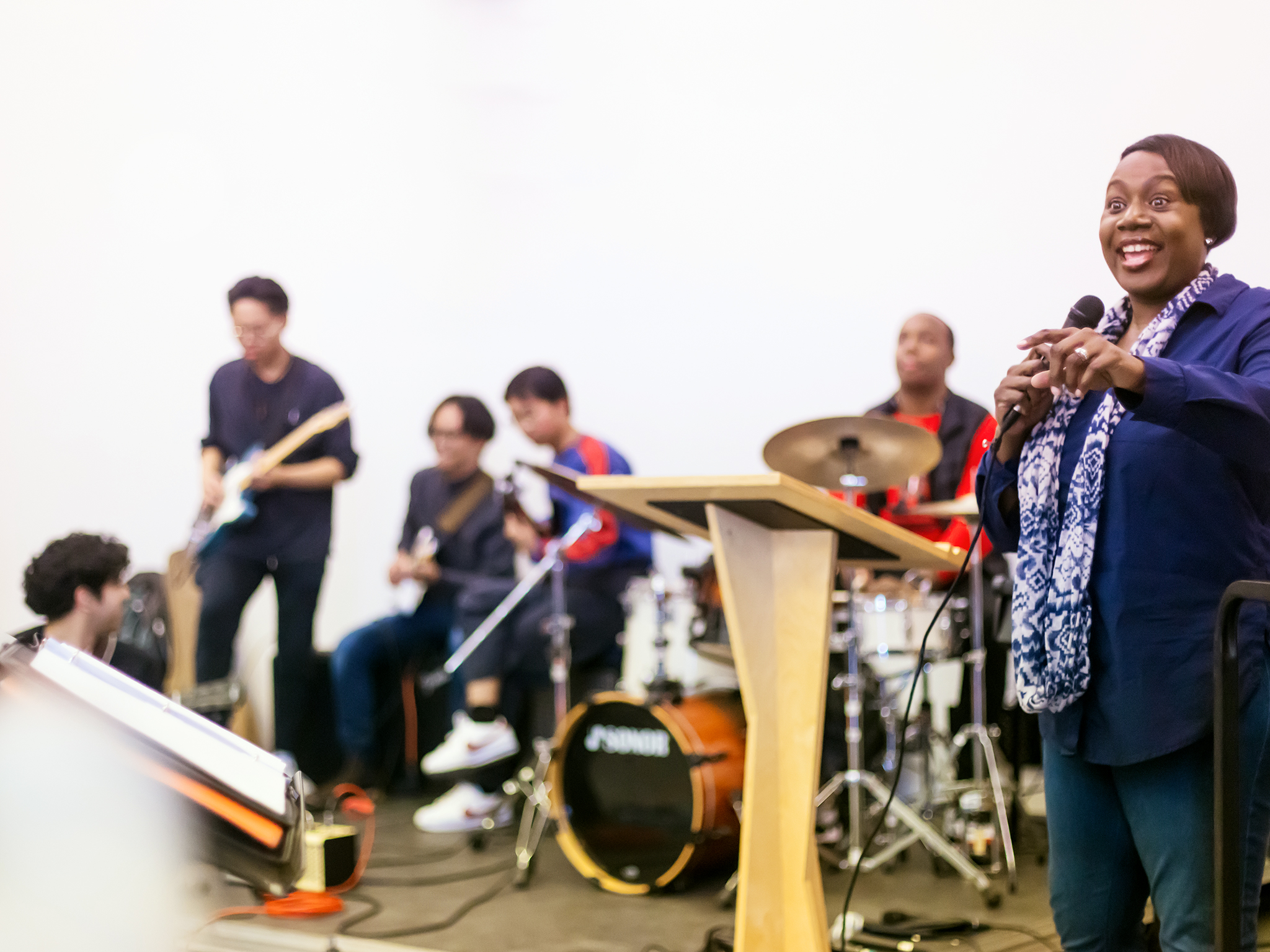

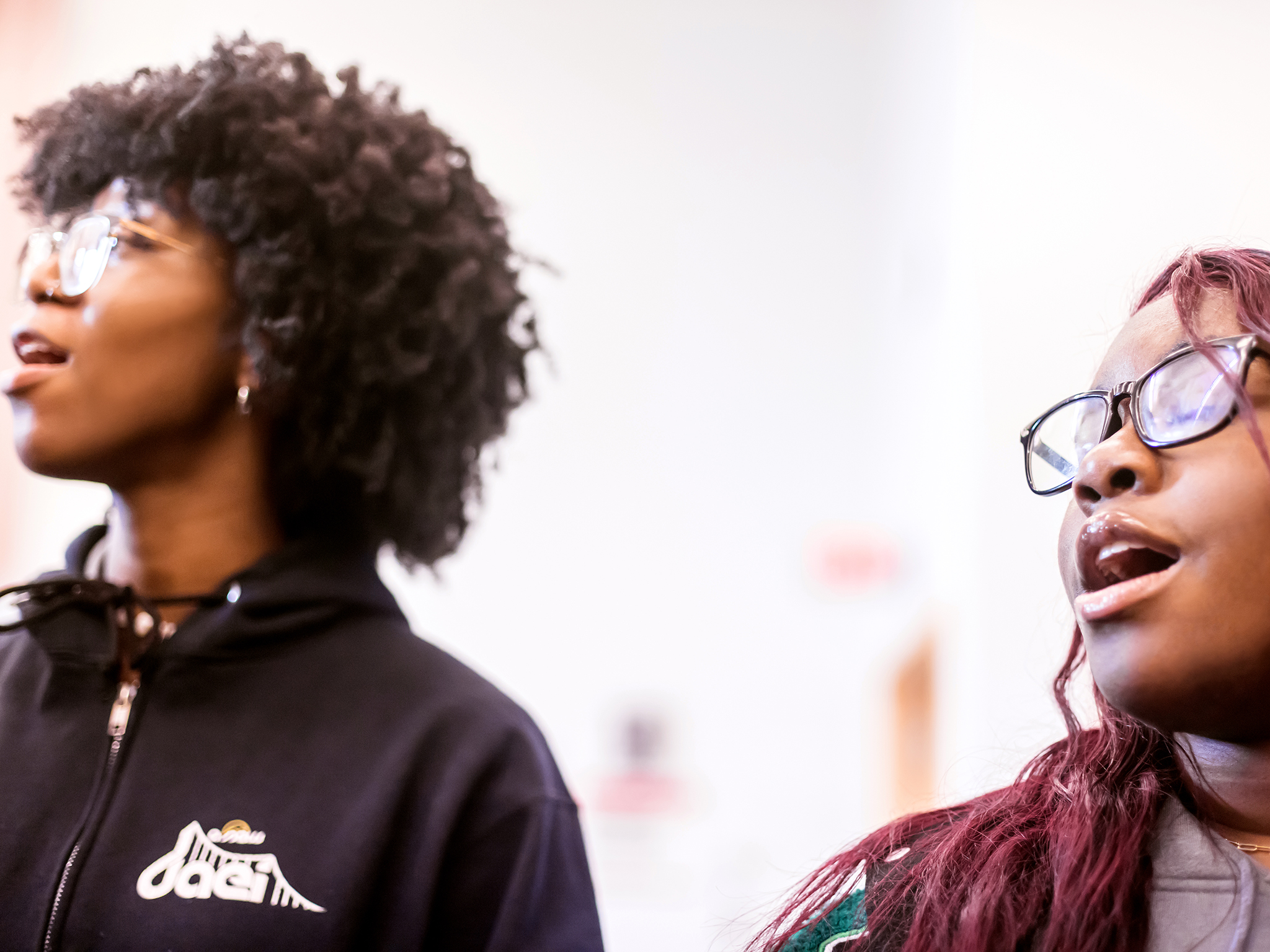
Pre-pandemic, the YUGC had on average 80 student members, making it by far the biggest university-level gospel choir in Canada. Some in-person practices resumed last year, but some students were reluctant to attend. Enrolment fell to just over 40 participants for the current 2022-23 academic year. But that’s no cause for concern.
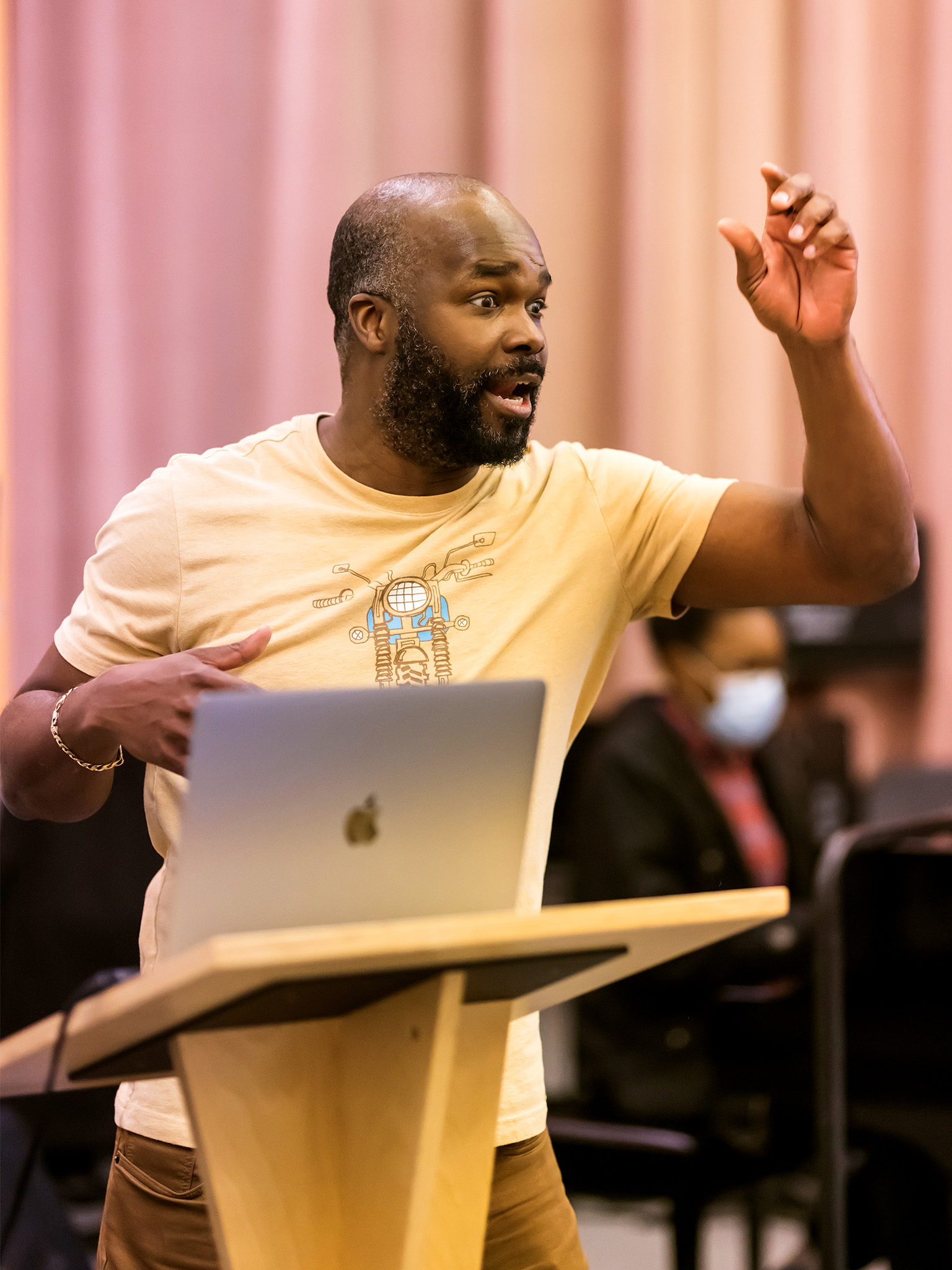
While the numbers are smaller, the voices are just as mighty. Everyone in the room, from newbies in their first year to seasoned singers nearing the end of their undergraduate studies, sings with flesh-tingling passion and commitment. The students stand as one, swaying and clapping, and tapping their toes as they belt out the spirituals at the core of the curriculum. Corey Butler, who directs the York University Gospel Ensemble, provides musical accompaniment on a studio grand piano, elevating the experience to the level of a concert hall performance.
The harmonies swell, guided by Sinclair-Anderson who exhorts the class to go louder, stronger, as if their lives depended on it. “Don’t get sweet with me,” she playfully chides. “I want your voice to scoop! I want them drawn out! I want you to sing with intention! I want you to be conscientious musicians!”
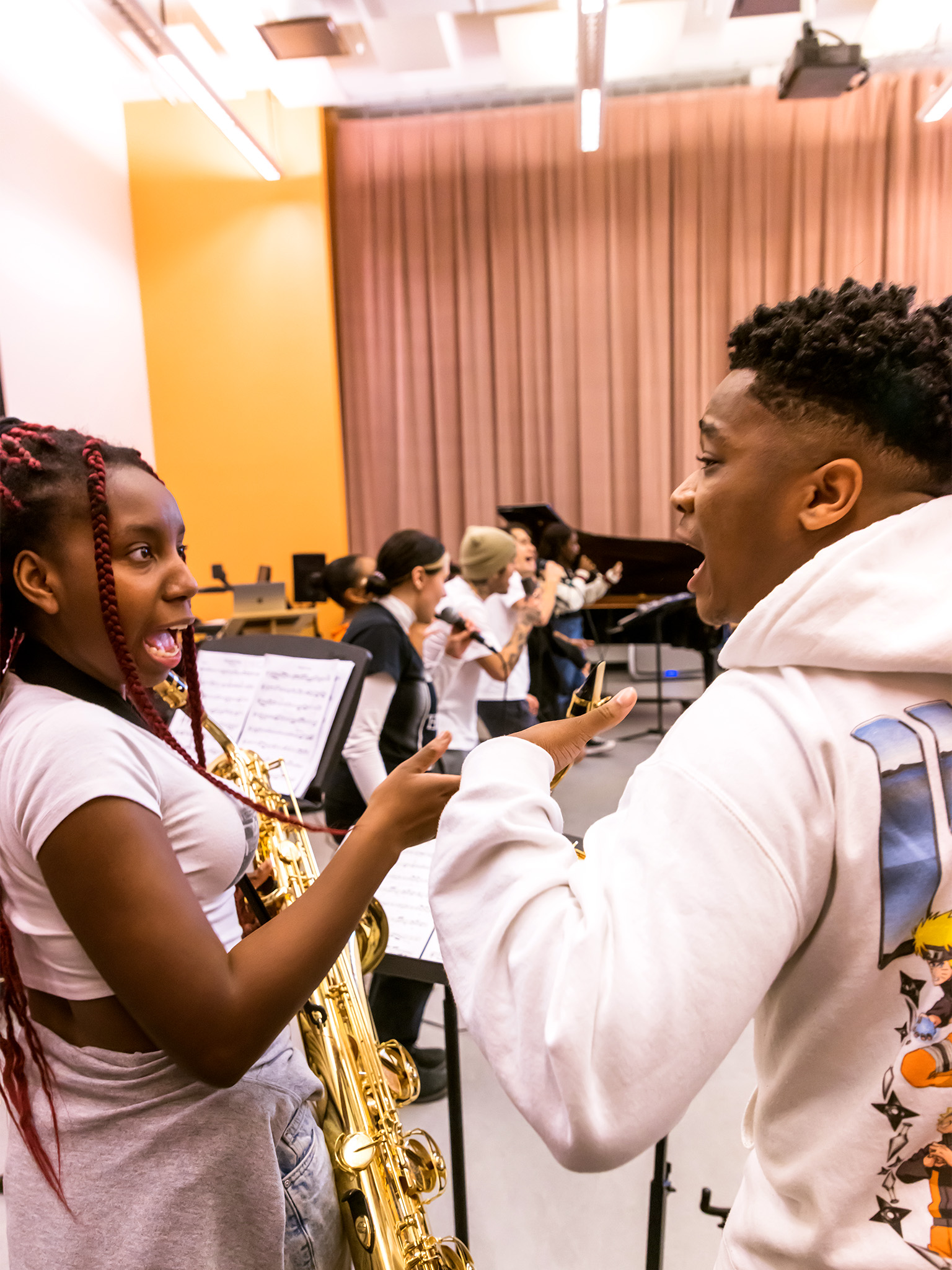
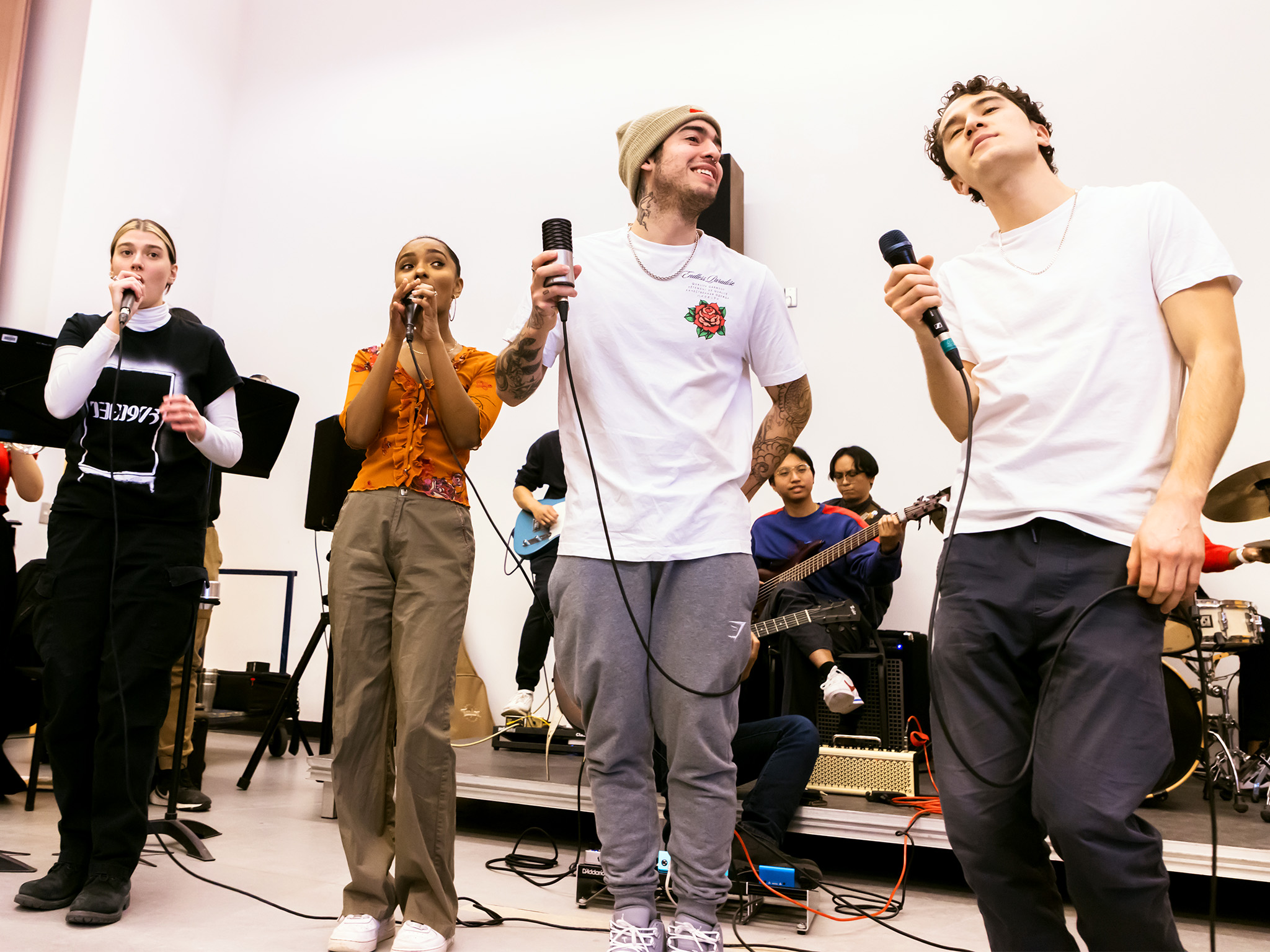
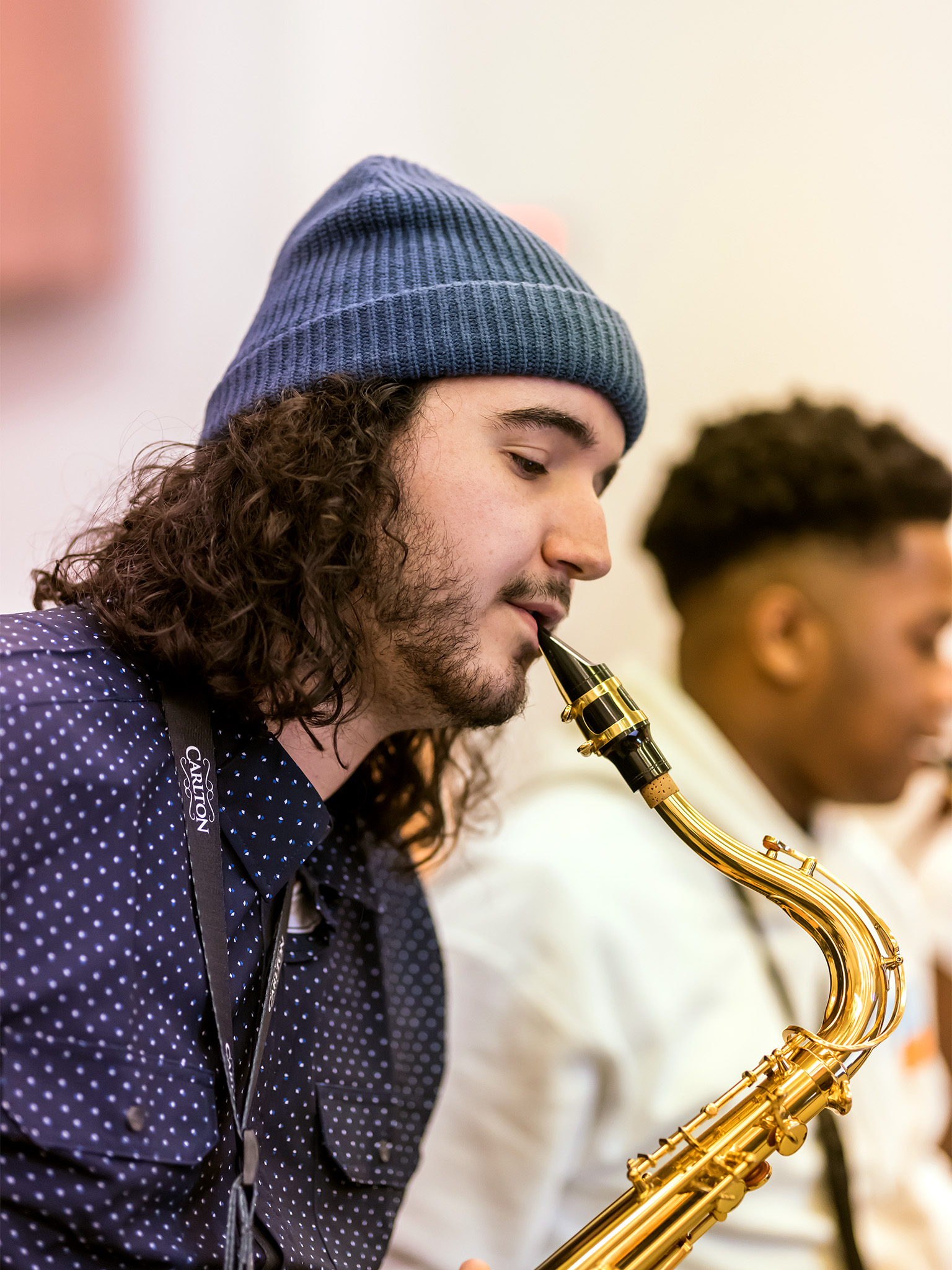
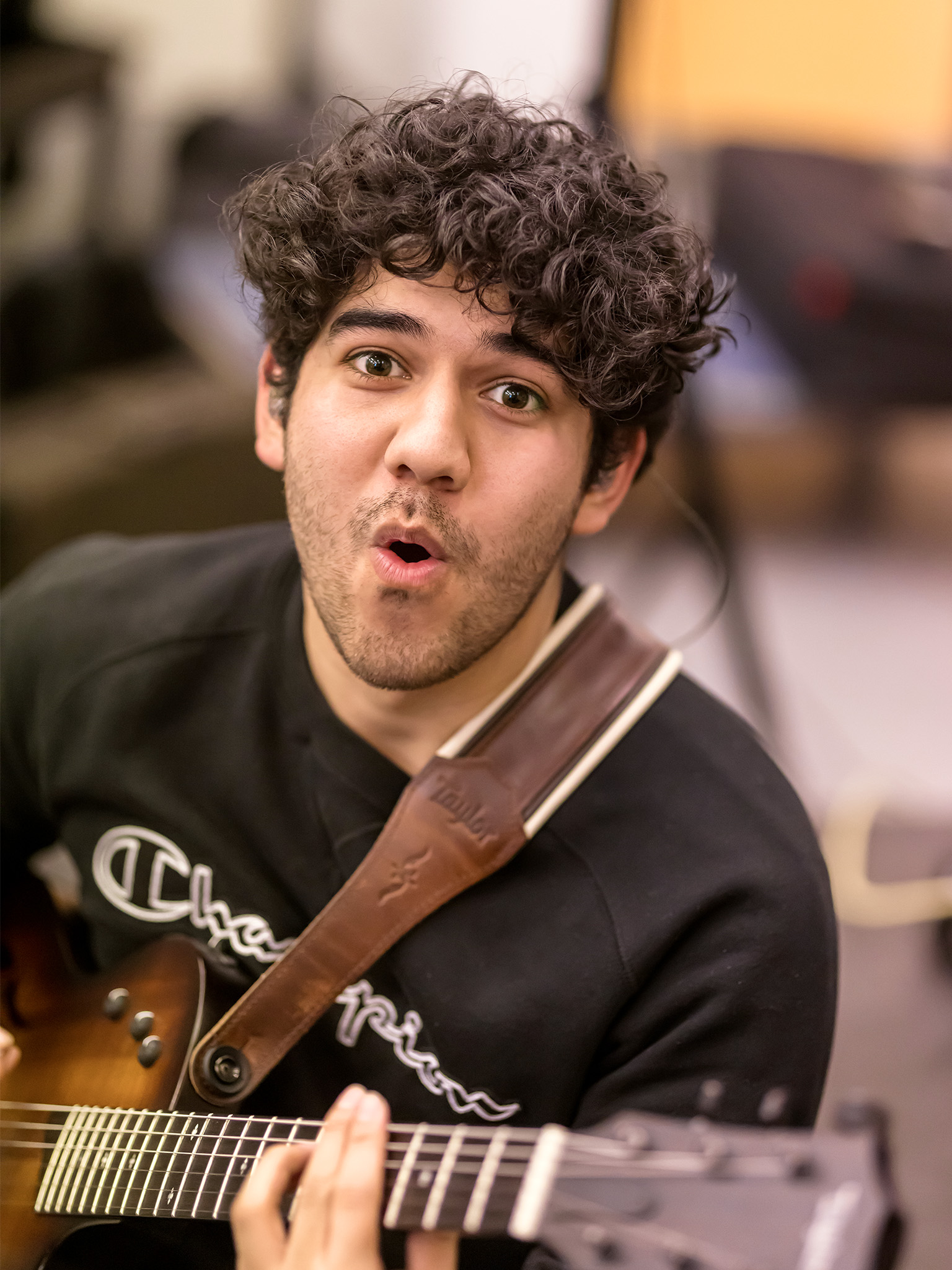
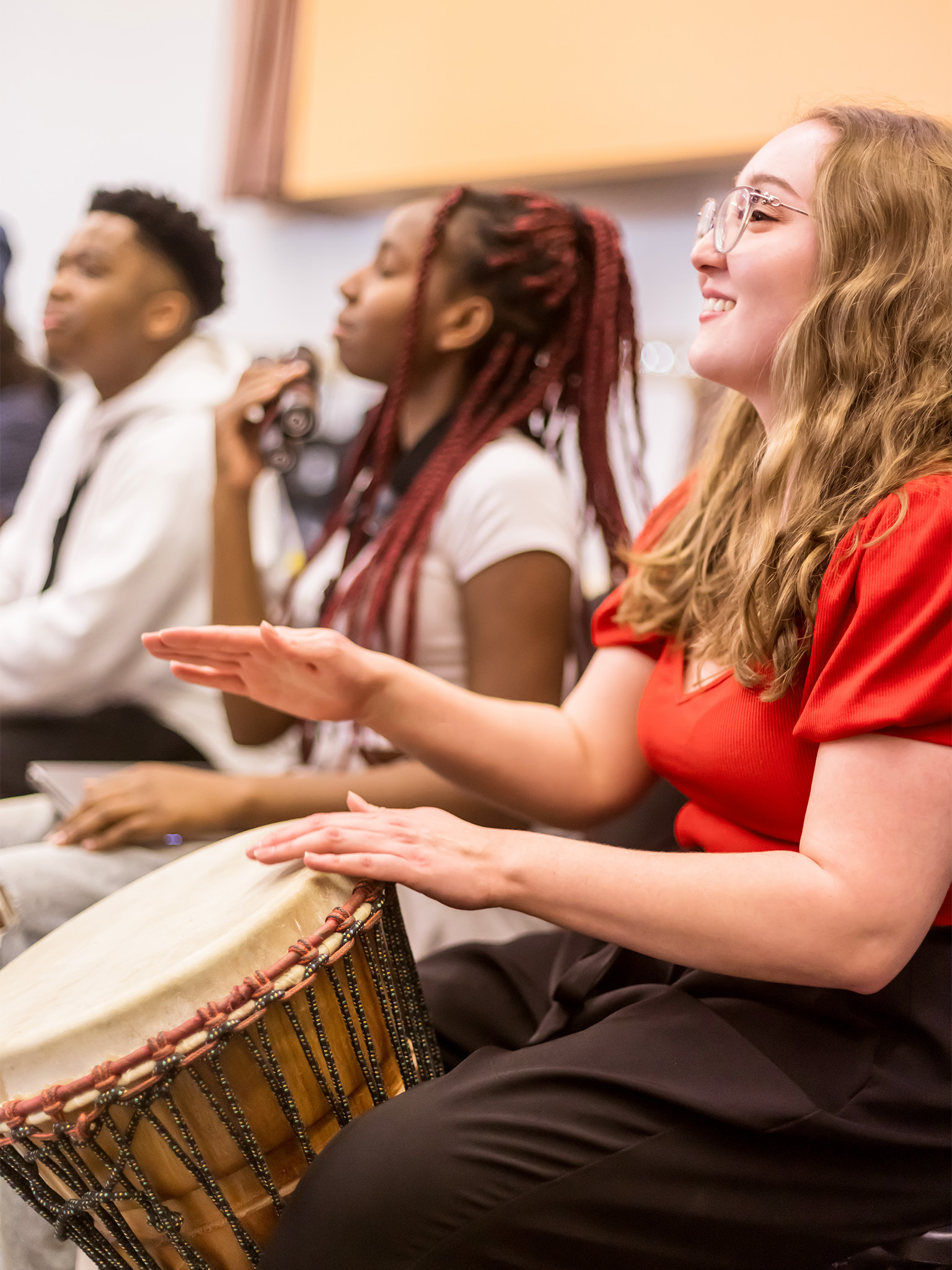
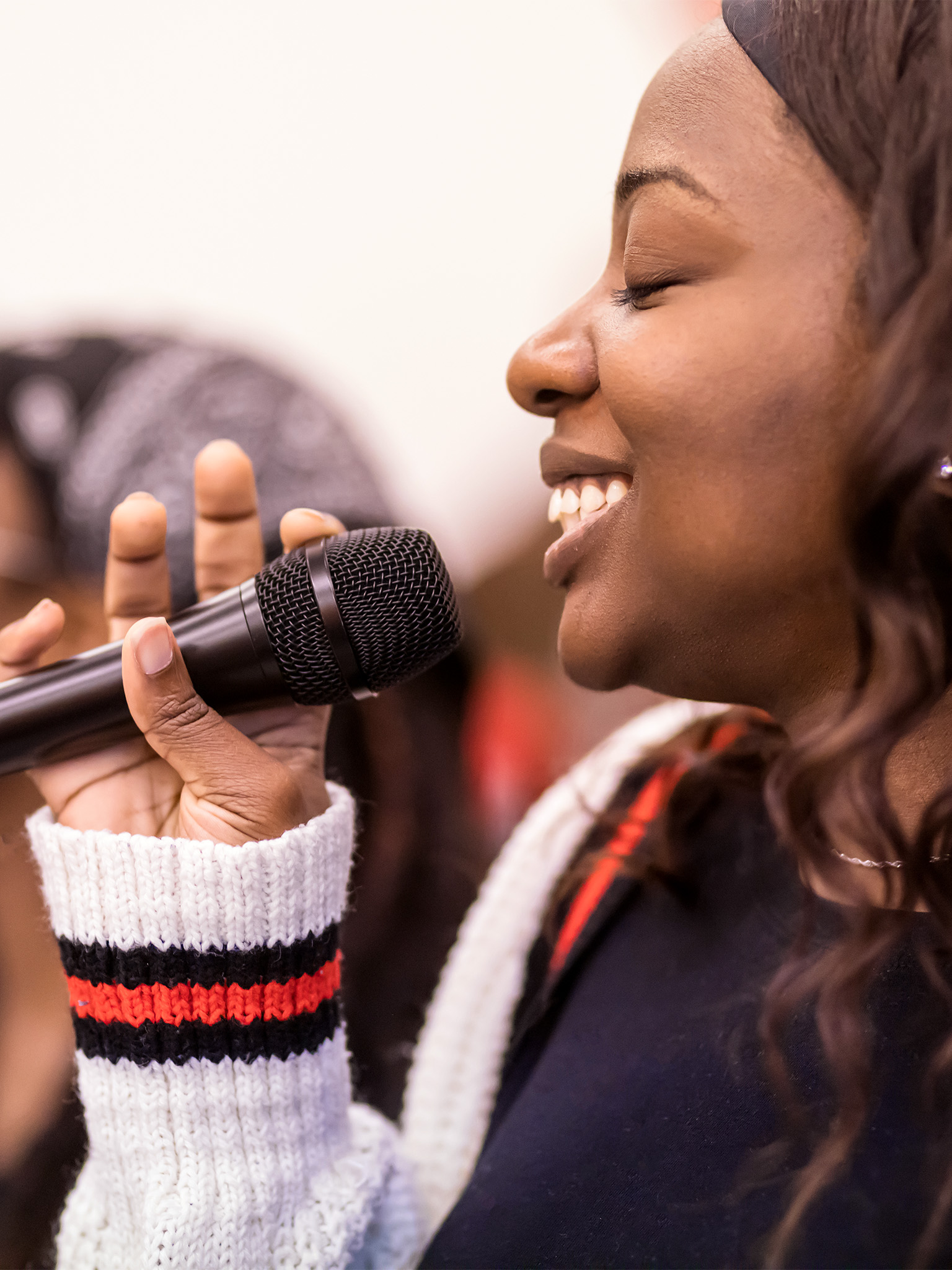
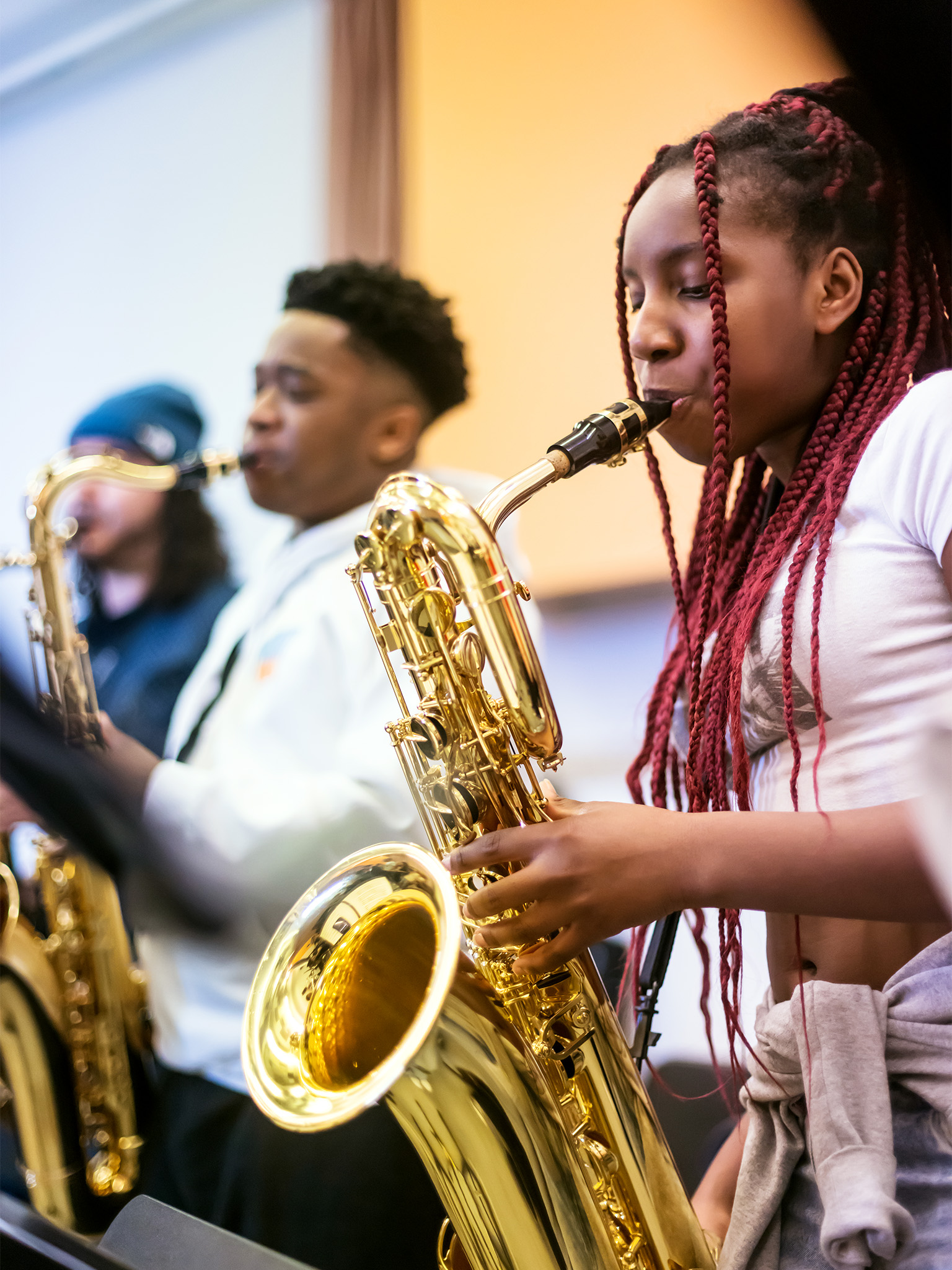
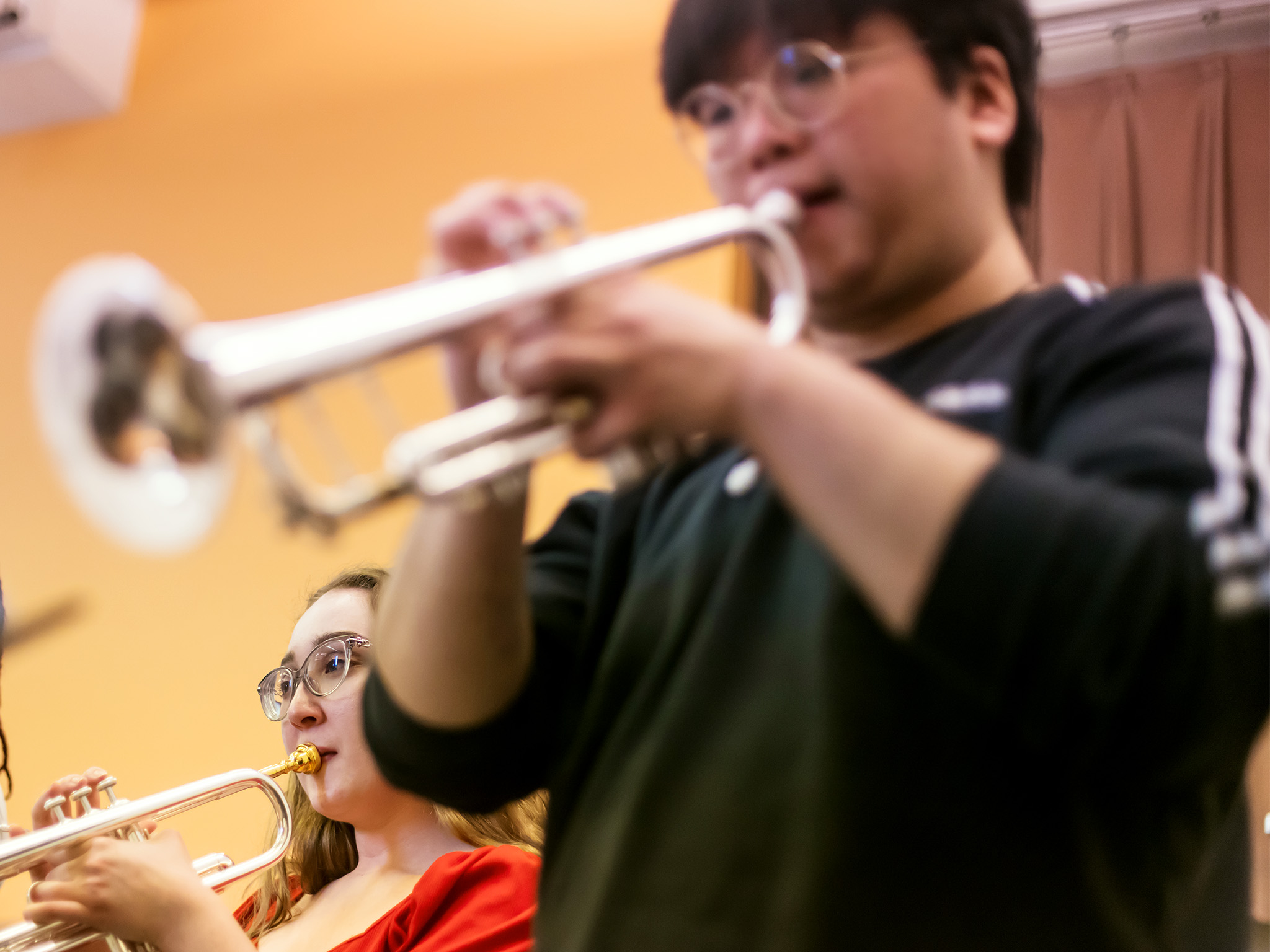

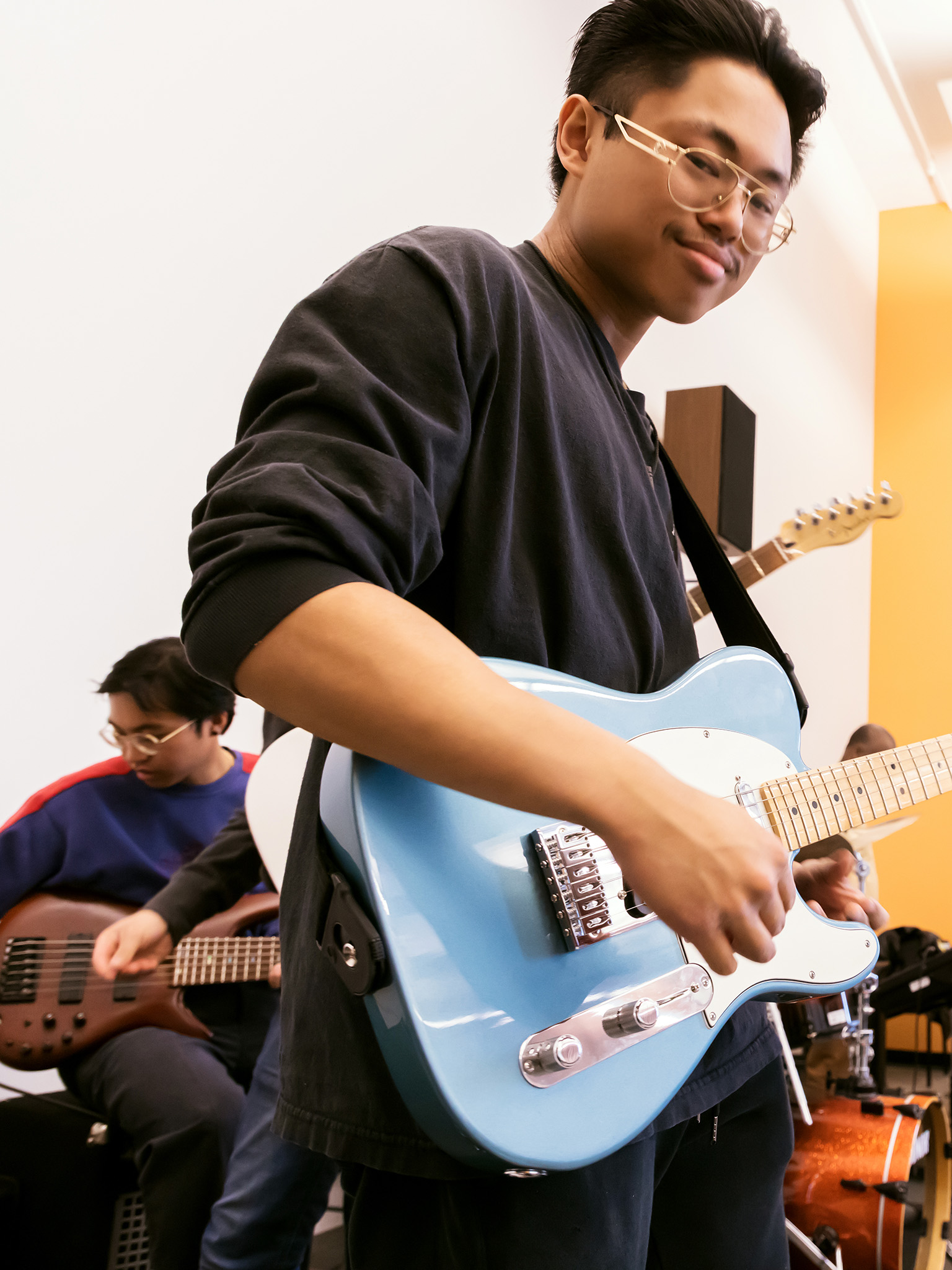
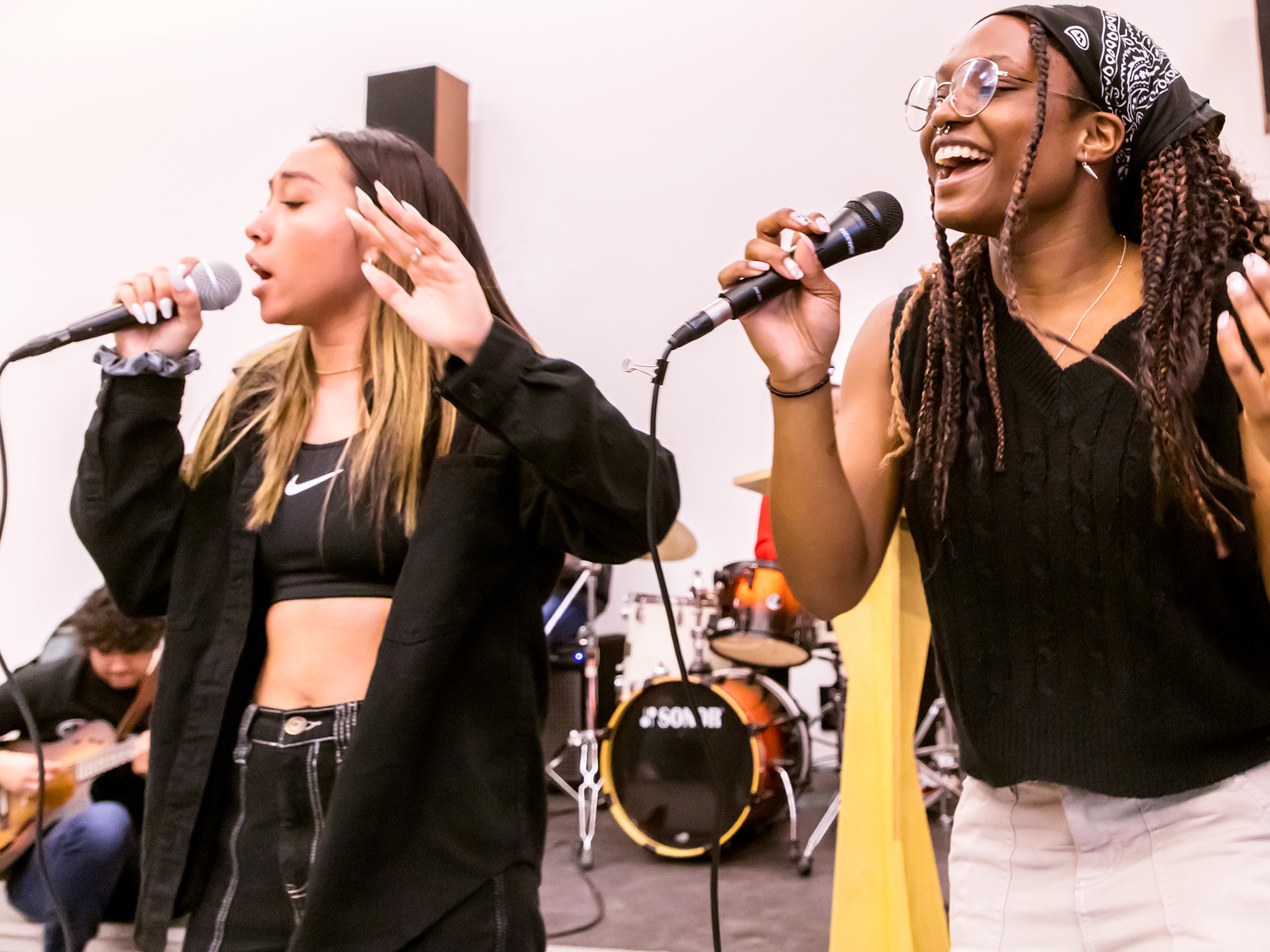
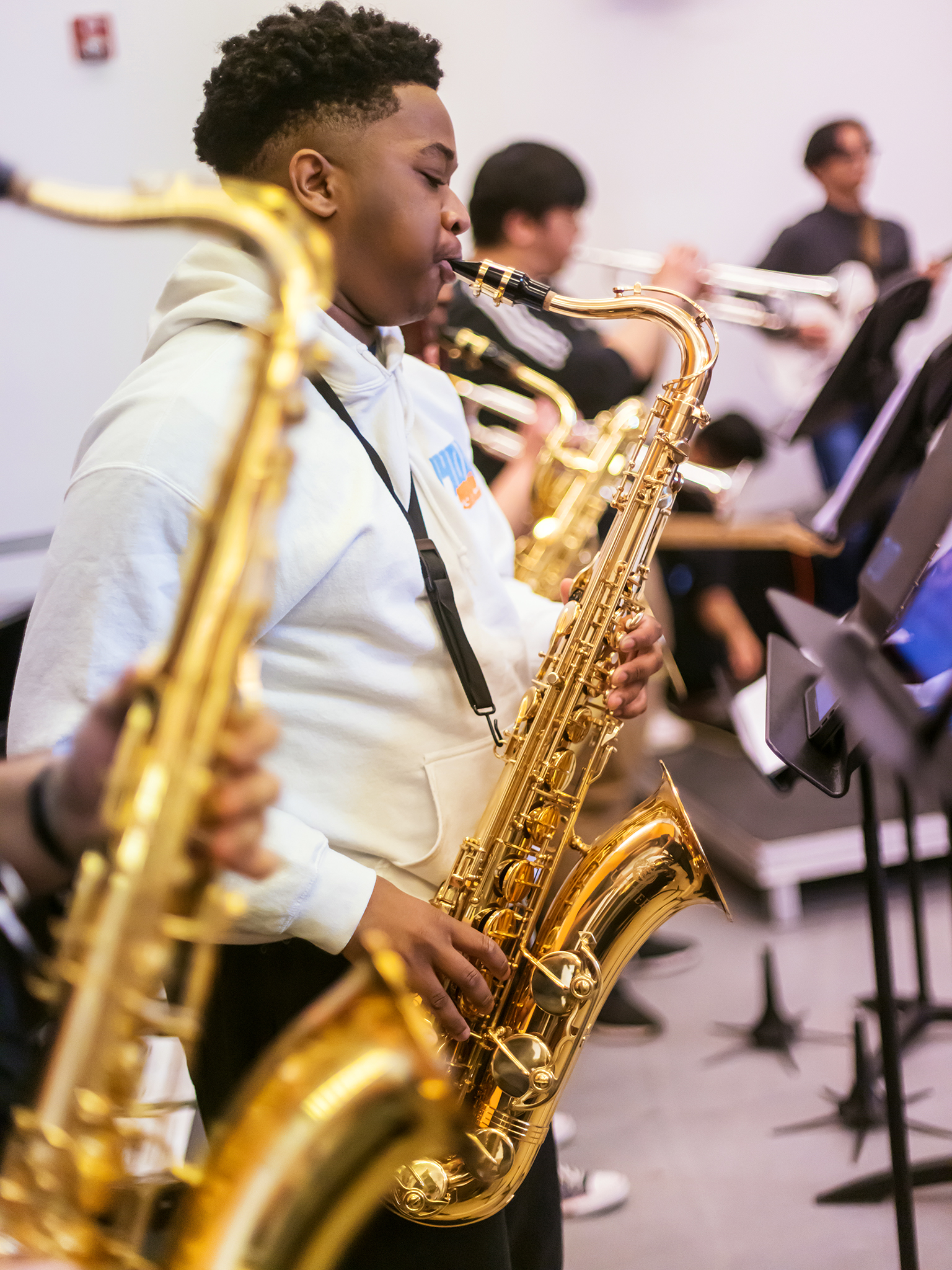
Galvanized, the students sing again, lifting their voices in adulation of Jesus – the unapologetic subject of YUGC’s expansive repertoire of songs. Gospel is a form of religious music. But you don’t have to be a Christian to take part in the “sacrifice of praise,” to quote from one of the hymns. The gospel choir is open to everyone, regardless of religious orientation, or cultural background. “It’s my favourite class,” says Mateo Usma-Cotillo, a fourth-year jazz piano student who initially came to the class in first year out of curiosity, and then never left. “It’s one of the best experiences of music I’ve had at York.” Several of his classmates agree, adding that it’s not just the singing that’s got them hooked, it’s the shared sense of purpose. “It feels like family,” says concurrent bachelor of education student Claudette Osias. “I am always happy to be here.”
This is all music to the ears of Sinclair-Anderson, a married mother of three boys who has been singing in choirs since the age of nine. She got her start at church and has never looked back. Music is her life and she’s grateful to be able to share her belief in singing as a balm for the soul with York students. “It’s definitely restorative,” she says. “The message of the gospels themselves provides confirmation, even if you don’t believe. It’s about having a relationship with a higher power. It’s the music that connects.” ■